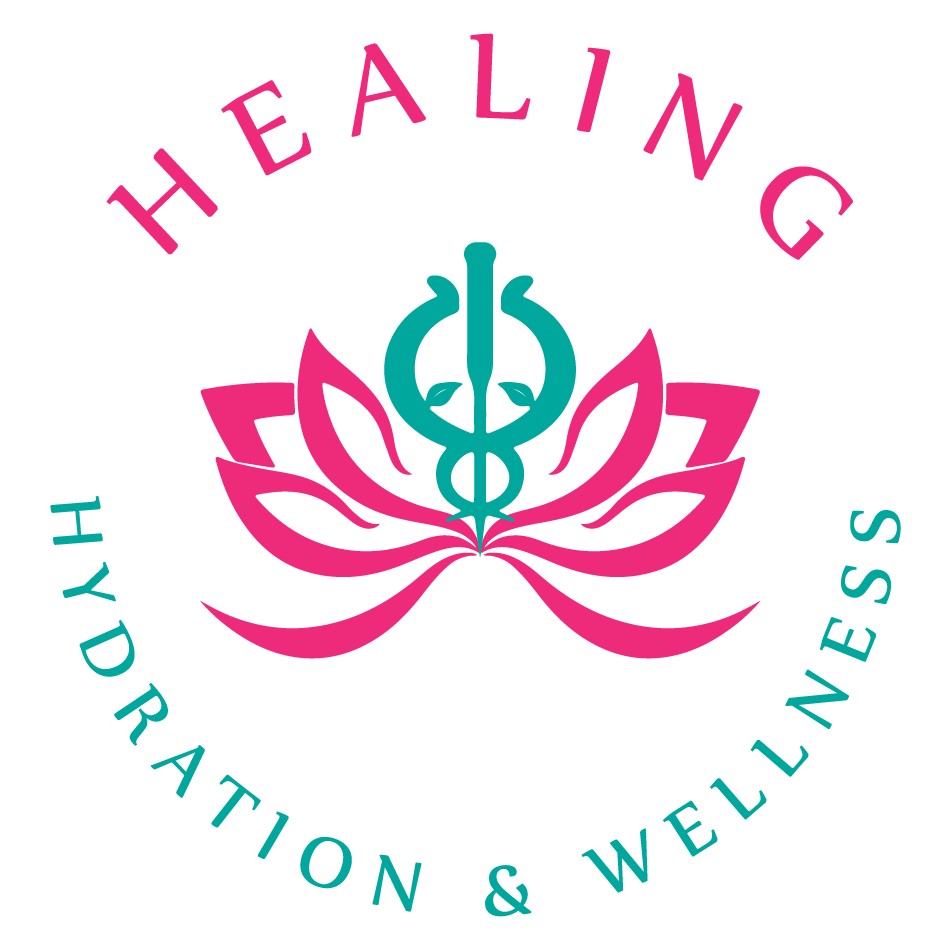In this article, we will explore a common concern in skincare: Does vitamin C cause breakouts? As one of the most celebrated ingredients in skincare, vitamin C is known for its ability to brighten skin, reduce hyperpigmentation, and boost collagen production. However, with its increasing popularity, there have been debates about whether it can trigger acne or worsen breakouts for some individuals. Understanding how vitamin C works, the different forms of vitamin C in skincare products, and the potential causes of breakouts is essential for those looking to integrate this powerful antioxidant into their skincare routine. Additionally, we will examine the benefits of vitamin C in IV therapy, where the vitamin is administered directly into the bloodstream, bypassing the skin’s surface. By the end of this article, you’ll have a clearer understanding of how vitamin C affects the skin and whether it might be contributing to your breakouts.

The Role of Vitamin C in Skincare
Vitamin C, also known as ascorbic acid, is an essential nutrient that plays a pivotal role in skin health. It is a potent antioxidant that helps protect the skin from oxidative damage caused by free radicals, which can accelerate aging and contribute to skin issues like fine lines and wrinkles. Vitamin C also has brightening properties, making it effective at lightening dark spots, hyperpigmentation, and sun damage. In addition to its antioxidant benefits, vitamin C supports collagen production, which helps to maintain the skin’s structure and elasticity.
Vitamin C is often included in both topical skincare products and IV treatments. When used topically, vitamin C can be applied in serums, creams, or other formulations. The ingredient can offer visible improvements in skin tone and texture by inhibiting melanin production and promoting the repair of damaged skin cells. Additionally, its ability to increase collagen production makes it a favorite for those looking to prevent or reduce signs of aging.

Can Vitamin C Cause Breakouts?
Despite its many benefits, vitamin C can sometimes cause breakouts or worsen existing acne in certain individuals. This concern is particularly prevalent among people with sensitive skin or those prone to acne. The question arises, how does a substance that is meant to improve skin health cause breakouts?
The answer lies in the way vitamin C interacts with the skin. One possible reason for breakouts is the formulation of the product. Not all vitamin C products are the same, and some may contain ingredients that can clog pores, irritate the skin, or cause allergic reactions. For example, certain vitamin C products are formulated with oils or heavy ingredients that may not be suitable for individuals with oily or acne-prone skin. These ingredients can create a barrier on the skin, trapping excess oils, dead skin cells, and bacteria, which can lead to clogged pores and breakouts.
Another potential reason vitamin C may cause breakouts is the concentration of the ingredient. High concentrations of vitamin C, especially in serums or treatments, can be too intense for some skin types. When used in large amounts, vitamin C can irritate the skin, causing redness, inflammation, and a disruption in the skin’s natural barrier. This irritation can lead to acne flare-ups, particularly in individuals with already sensitive or acne-prone skin.
Additionally, the form of vitamin C used in skincare products plays a crucial role in how it interacts with the skin. Ascorbic acid, while effective, is one of the most potent forms of vitamin C and can be harsh on the skin. Other forms of vitamin C, such as sodium ascorbyl phosphate or ascorbyl palmitate, are considered gentler alternatives that may be better suited for sensitive or acne-prone skin.

The Benefits of Vitamin C in IV Therapy
While the topical use of vitamin C has its challenges, IV therapy offers a different method of delivering this nutrient into the body. When vitamin C is administered intravenously, it bypasses the digestive system and goes directly into the bloodstream, allowing for higher bioavailability. This means that the body can absorb and utilize vitamin C more efficiently than when it is ingested or applied topically.
IV vitamin C therapy has a range of benefits, including enhancing the immune system, promoting detoxification, and supporting overall skin health. Many people opt for IV vitamin C to help reduce the appearance of acne, improve skin texture, and brighten their complexion. Since IV therapy is delivered in high doses, it can be particularly effective for individuals who want to address skin concerns from within.
One significant advantage of IV vitamin C therapy is that it avoids the potential irritation or breakouts that can occur with topical application. Because the vitamin is delivered directly into the bloodstream, there is no risk of clogging pores or causing localized irritation. For individuals with acne-prone skin who have had adverse reactions to topical vitamin C products, IV therapy may provide a safer alternative for reaping the benefits of this powerful antioxidant.

Vitamin C and Acne-Prone Skin: How to Use It Safely
If you have acne-prone skin and want to incorporate vitamin C into your routine, it is essential to approach its use with caution. While vitamin C has the potential to help improve acne and skin texture, it’s important to choose the right products and use them in moderation.
First, opt for a vitamin C product that is formulated for sensitive or acne-prone skin. Look for products that contain stable forms of vitamin C, such as sodium ascorbyl phosphate, which are less likely to irritate or cause breakouts. Additionally, consider starting with a lower concentration of vitamin C to allow your skin to adjust. Gradually increase the concentration as your skin becomes accustomed to the ingredient.
It’s also important to incorporate vitamin C into your routine slowly and monitor your skin’s reaction. If you experience irritation, redness, or breakouts, it may be an indication that the product is too harsh for your skin. In that case, discontinue use and consult with a dermatologist to determine the best course of action.
To complement your vitamin C regimen, be sure to maintain a consistent skincare routine that includes gentle cleansing and moisturizing. Avoid harsh exfoliants or scrubbing, as these can worsen irritation and lead to further breakouts. Always wear sunscreen during the day, as vitamin C can make your skin more sensitive to sun exposure.

Should You Stop Using Vitamin C If It Causes Breakouts?
If you experience breakouts after using vitamin C, it does not necessarily mean that you need to stop using the ingredient altogether. Instead, assess the formulation and concentration of the product you are using. It may be that the specific form of vitamin C or the combination of ingredients in the product is not suitable for your skin. You can experiment with different formulations or switch to a gentler, less concentrated product.
However, if your breakouts persist or worsen despite adjusting the product, it may be a sign that vitamin C is not compatible with your skin type. In this case, it may be best to discontinue its use and explore other skincare options that are better suited to your needs. Consulting with a dermatologist can provide valuable guidance on finding alternative treatments to address your acne and other skin concerns.

Conclusion
Vitamin C is widely regarded as one of the most effective ingredients for improving skin health, with its ability to brighten, hydrate, and boost collagen production. However, for some individuals, particularly those with sensitive or acne-prone skin, vitamin C can cause breakouts or irritation. The key to safely incorporating vitamin C into your skincare routine lies in understanding the different forms of vitamin C, the concentration, and how it interacts with your skin.
If you are concerned about the potential for breakouts from topical vitamin C products, IV vitamin C therapy may offer a promising alternative. With its direct absorption into the bloodstream, IV therapy eliminates the risk of clogged pores or irritation, providing a safe and effective way to enjoy the benefits of vitamin C without the associated risks.
Ultimately, whether you choose to use vitamin C topically or through IV therapy, the most important factor is to listen to your skin. Monitor how it reacts and make adjustments as needed to ensure you are getting the best results for your skin type. With the right approach, vitamin C can be a powerful ally in your skincare routine, supporting a brighter, healthier complexion.


